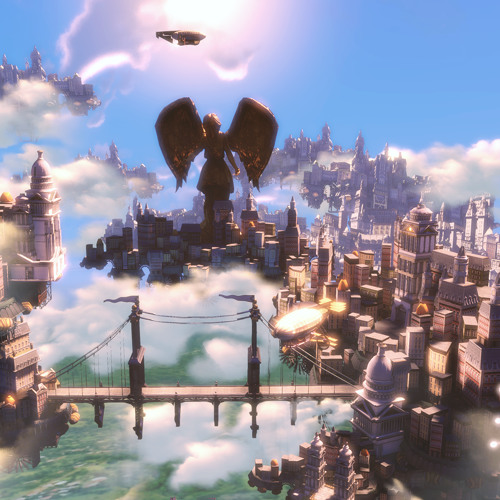
But others are also re-featured in the single-player partly due to their popularity and to serve as a counterpoint to their first appearance.įor example, the cheery lyrics of Patti Page's "How Much is that Doggie In The Window?" were first used in Sinclair Spirits in Fort Frolic to contrast with the first appearance of an unmoving row of Plastered Splicers. Several songs from the first game return in the multiplayer as emblematic of time closer to Rapture's heyday. Other songs were meant to reflect the tragedy of Rapture and the dangers that lurk behind corners which accompany Henry Hall's "Hush, Hush, Hush Here Comes The Bogey-man". Wanting to believe in hope, they turned to spirituality and the blues, conveniently provided by Lamb.

Lamb's followers had become disenfranchised with the lack of regulation, making less than minimum wage and going home hungry. The ongoing Civil War is back-dropped with Kay Kyser's "Praise the Lord and Pass the Ammunition" as the lyrics say that "We're all between perdition and the deep blue sea!".

Foremost was the usage of religion in Sofia Lamb's policies that she used to manipulate public perception of Ryan. While BioShock focused more on the bright poppy songs of the era and the advocacy of commercialism tightly approved under Andrew Ryan's guidance, audio lead Michael Kamper and creative director Jordan Thomas tried to explore a broader range.


 0 kommentar(er)
0 kommentar(er)
